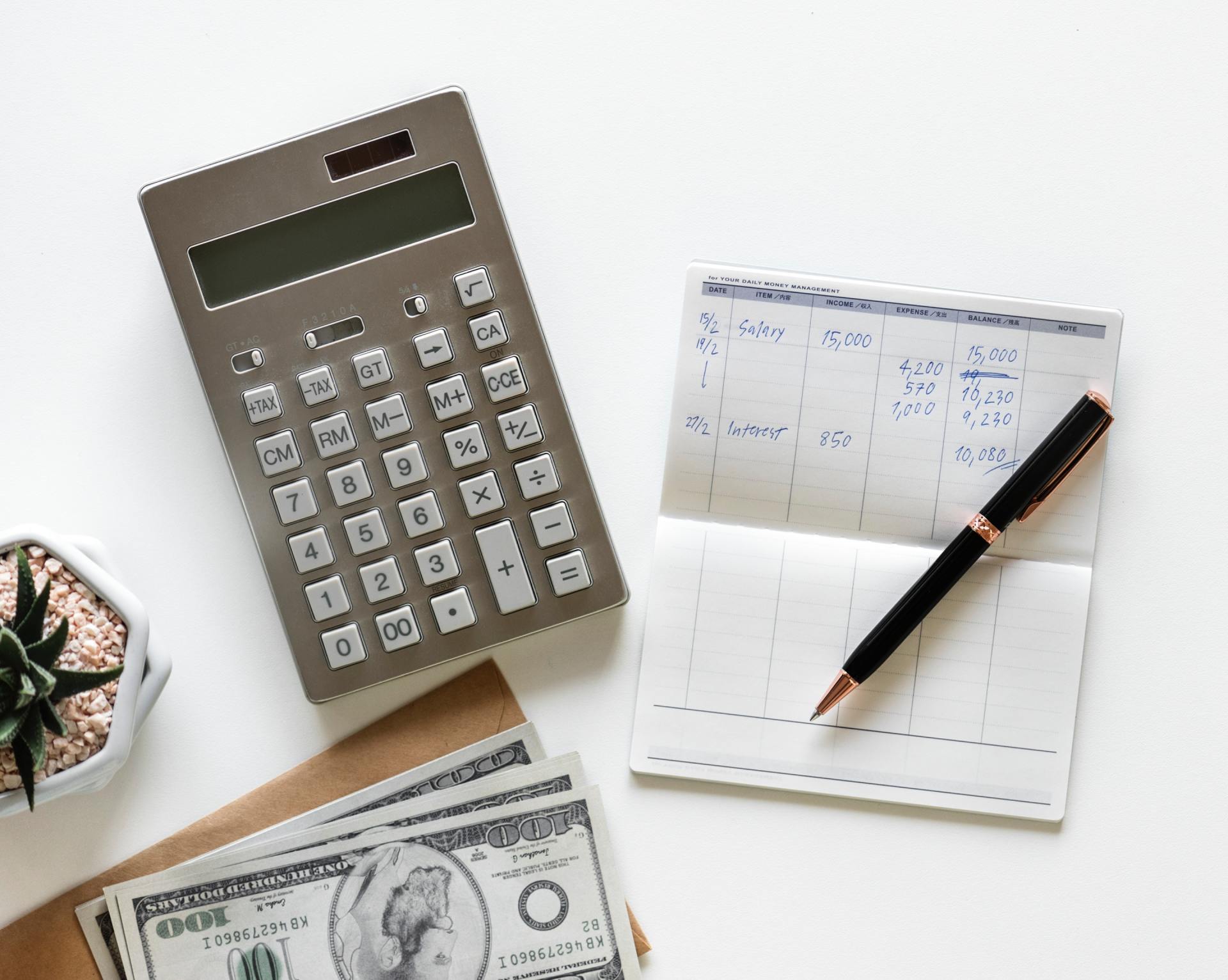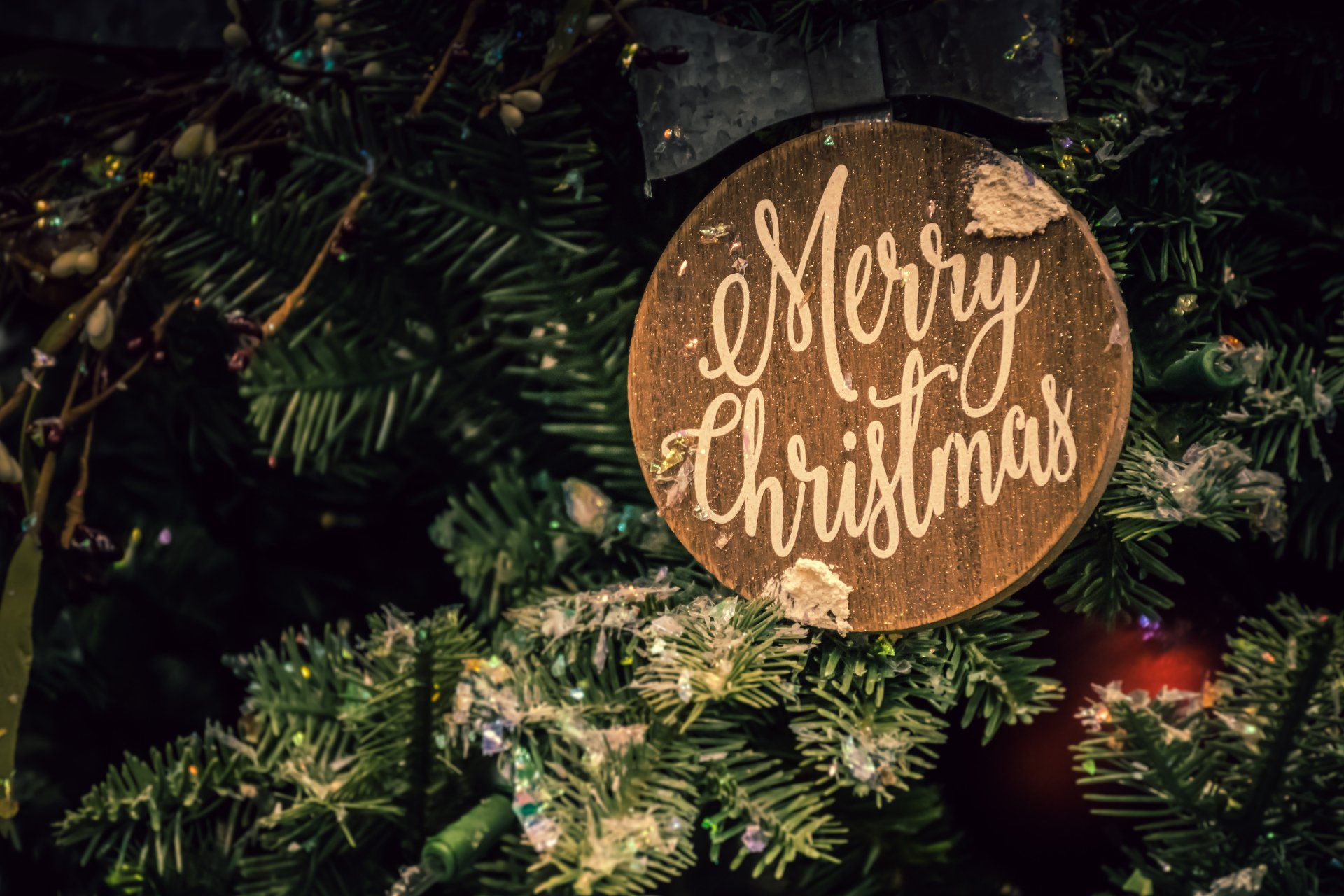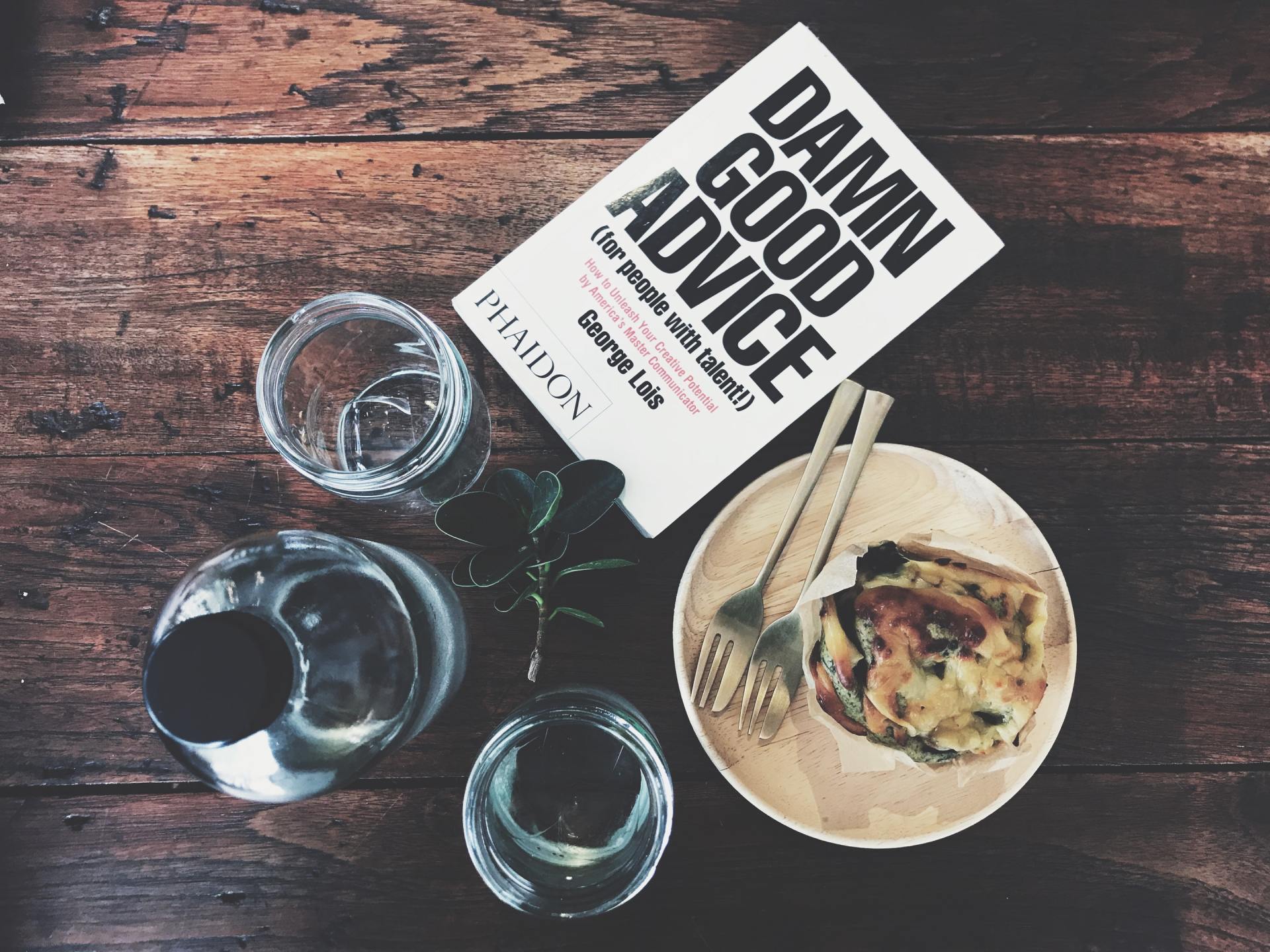IRD Moves Away From Cheques and Towards Electronic Payments
Electronic payments the way of the future
Inland Revenue spokesperson Meade Perrin says the plan is to stop accepting post-dated cheques in February next year.
“Payments New Zealand figures show 67 out of every 68 payments in New Zealand are electronic and there’s a 20% decline year on year in the use of cheques generally. So we’re encouraging our customers to go with the trend and move to the simpler, easier and more certain electronic payment methods,” Mr Perrin says.
“Customers send Inland Revenue around half a million cheques each year. That’s 4.5% of the total payments we receive. Around 17% - or more than 85,000 cheques - are post-dated.
“Instead of post-dating a cheque, and mailing it in, customers can use internet banking to set the date a payment comes out their bank account. That has the same effect as a post-dated cheque – the payment’s made on time, when the customers want it to be made and won’t be forgotten.
“There will be some impact on customers who’re used to post-dating cheques but we’re confident that can be worked through given most banks have a simple and convenient system for electronic payments.
“Compared with electronic payments, cheques are expensive to process and the technology used to process them, both by IR and banks, is approaching the end of its working life.
“Technology is more and more becoming part of our everyday lives and there’s already been a significant shift to using digital methods for paying tax and receiving refunds, with 95.5% of all payments received by IR already digital.
“We want to keep that momentum building and ease taxpayers towards digitising all their payments,” Meade Perrin says.
Options for payment:
• Electronic via internet banking or direct debit in MyIR. Paying this way minimises delays and includes a formal notification of the date and time the payment was made to Inland Revenue.
• Customers can make payment by debit/credit card over the phone, through the unauthenticated payment page the Inland Revenue website, and through myIR.
• Taxpayers can also set up direct debits in myIR.
Cash or eftpos are still payment options but only at Westpac branches. They’re not accepted at Inland Revenue offices.










